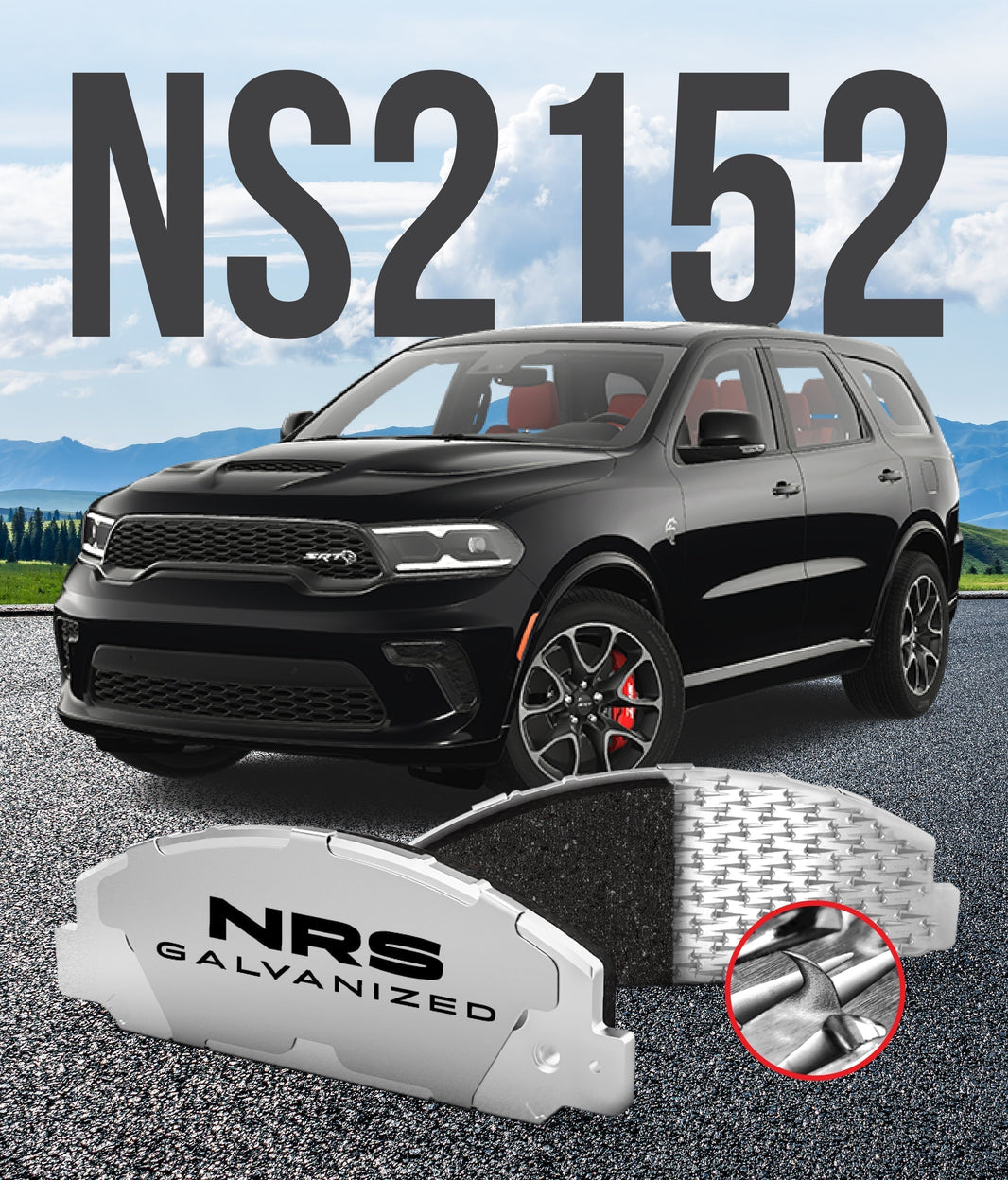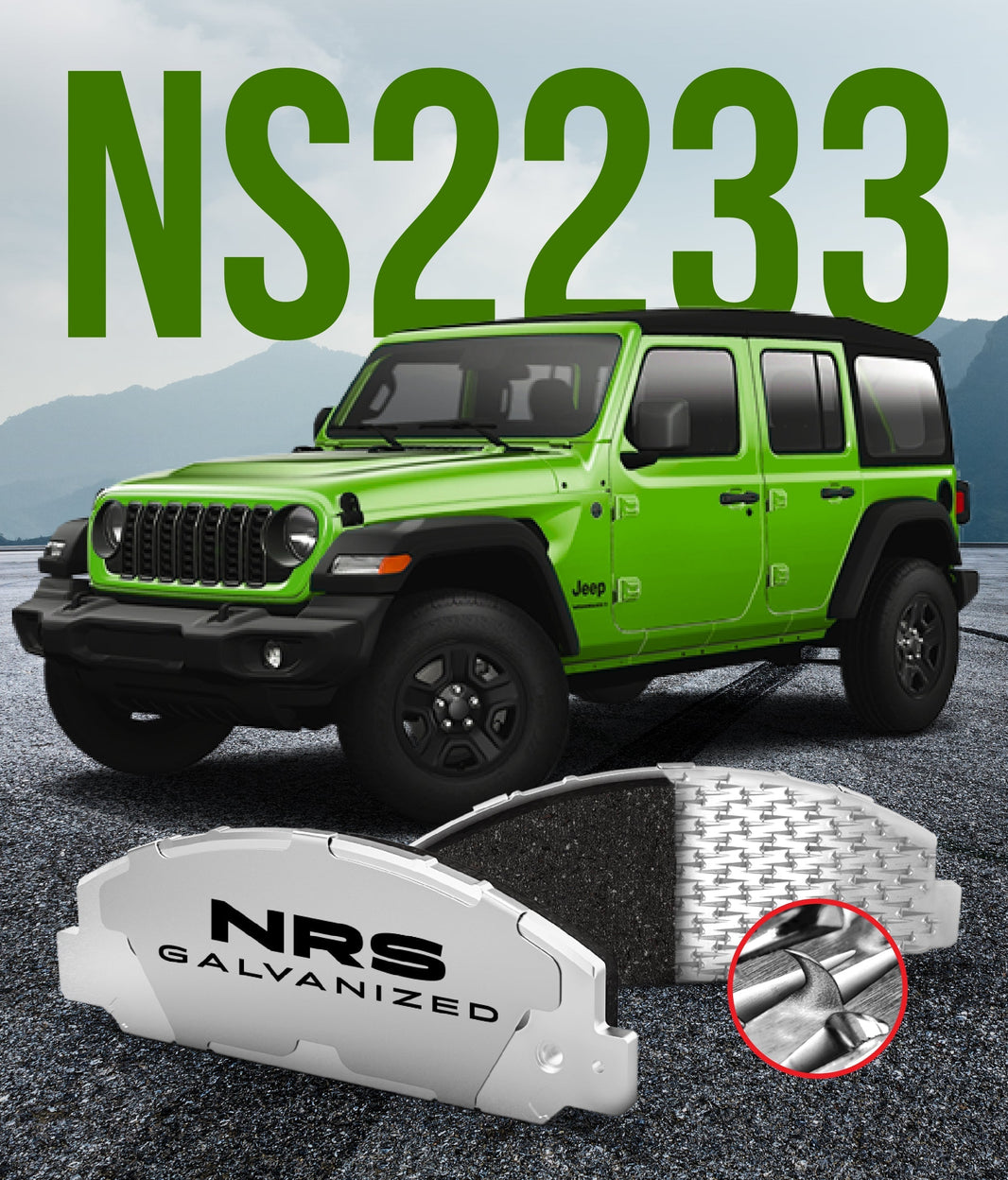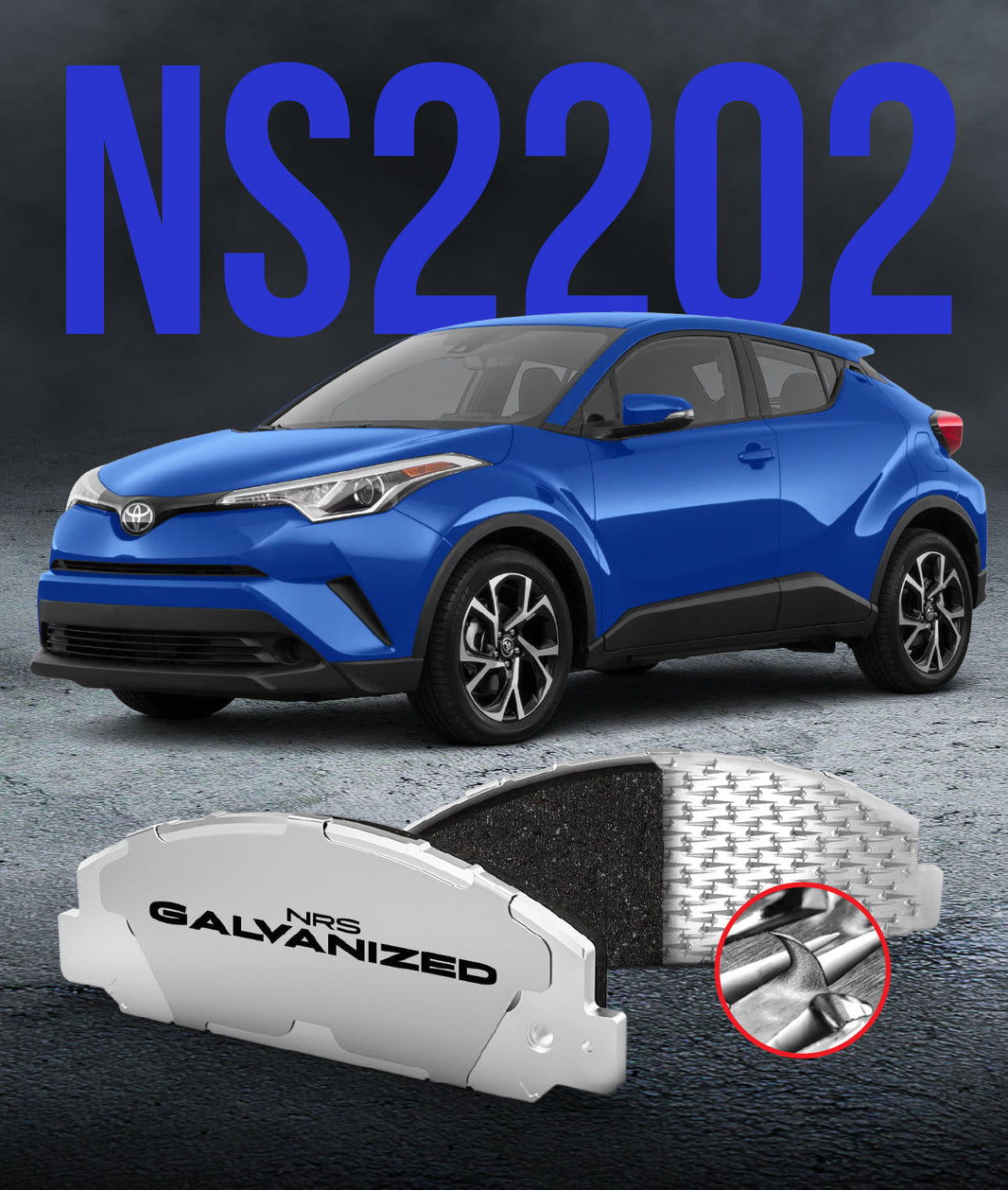
The Tesla Model S is a 100% electric vehicle with a floor-mounted battery pack, an advanced architectural design for superior power, and dual motor all-wheel drive. If you’re fortunate to drive this revolutionary Tesla vehicle, you’ll know it offers one of the best driving experiences of any other car on the market.
The Tesla Model S can go from 0 to 60 mph within 3.1 seconds and achieve a maximum speed of up to 200 mph. Whenever you drive an electric vehicle capable of moving at these speeds, it must have high-quality electric vehicle brake pads installed to ensure its safety and performance.
NRS Brakes is one of the most professional and trustworthy brand names when searching for EV brake pads compatible with all makes and models of electric vehicles. Nrs brakes are designed to provide the necessary stopping and slowing power for electric vehicles with superior strength and speed technology, such as the Tesla Model S.
Galvanized Steel Brake Pads
Tesla brake pads contain unpainted galvanized steel with zinc plating for extra durability, corrosion resistance, reduced noise, optimal performance, environmental friendliness, and rust resistance.
The all-metallic components feature friction material far better than OEM Standards. They create stronger, safer, and longer-lasting brake pads.
Award-winning NRS Technology
NRS Brakes incorporates its own patented and award-winning NRS technology into its electric vehicle brake pads. We put this NRS technology onto the backing-plate surface of each brake pad for a safer and longer braking operation.
The NRS technology consists of In-situ galvanized hooks that add more mechanical retention to the friction material. We avoid using traditional adhesives to adjoin the friction material and back plate together to make the bond more reliable.
Environmentally Friendly
Modern drivers appreciate it when their vehicles contain environmentally friendly braking components. Since our NRS brake pads are copper free, paint-free, and 100% steel, you won’t contribute any toxic elements or emissions to the environment when using our brake pads in your Tesla Model S.
NRS Brakes products comply with the reduced copper requirements set in Washington State and California. Not only are our NRS brake pads 100% copper-free, but they are also 100% recyclable. So you can feel good knowing you’re protecting the environment while complying with state laws.
Reduced Noise and Vibrations
Another advantage of our NRS technology is reducing noise and vibrations when applying the brakes. Standard brake pads often make noises and vibrations because the weak adhesive material causes the friction material and backing plate to separate and break apart slowly. Our NRS technology eliminates this problem by using a mechanical attachment to ensure the friction material stays securely bonded to the backing plate.
In addition, a noise-canceling piston cushion insert is installed in our NRS brakes. The piston cushion insert serves as a suppression device for the piston caliper, offering a 90% reduction in brake noise as you apply the brakes.
Best-Engineered Friction Materials
Our NRS brakes last the longest in the Tesla Model S because they have some of the best-engineered friction materials in the auto industry. These friction materials have been tested and proven to offer more longevity and durability than traditional brake pads. As a result, our NRS brakes provide faster and quieter stops than you have ever experienced before.
Get a Free Price Quote Today!
Would you like to know how much it would cost to purchase our state-of-the-art NRS brakes and install them in your Tesla Model S vehicle? Contact us today at 1-877-677-2725 or email us at info@nrsbrakes.com for more information.




